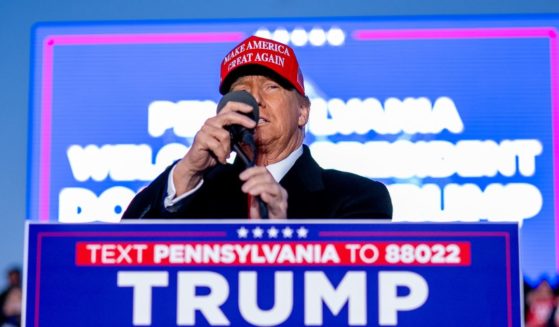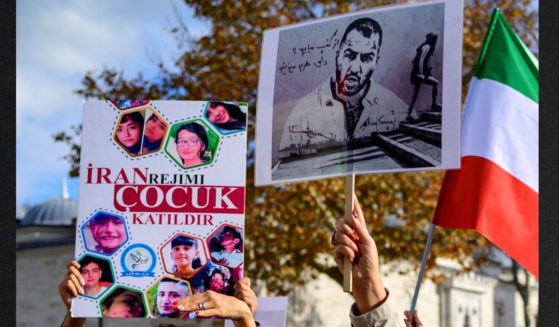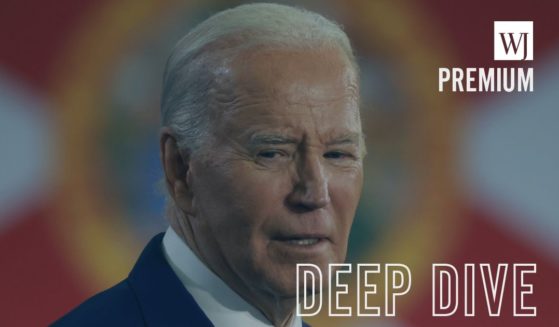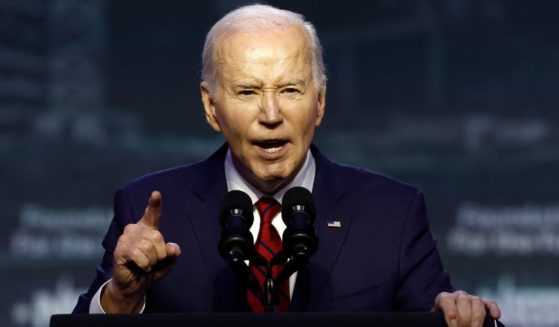Huge extradition law protest fills Hong Kong streets
HONG KONG (AP) — Hundreds of thousands of protesters marched through Hong Kong on Sunday to voice their opposition to legislation that would allow people to be extradited to mainland China where they could face politically charged trials.
The massive demonstration took place three days before the semi-autonomous Chinese territory’s government plans to bring the highly contentious bill to the full legislature in a bid to win approval by the end of the month.
Police estimated the crowd at 240,000, but organizers said more than 1 million took part.
The protest was one of the largest in recent Hong Kong history, underscoring fears over China’s broadening footprint in the former British colony. It appeared to be even bigger than a massive pro-democracy demonstration in 2003 against a proposed national security law, according to Associated Press journalists who covered both events.
Late Sunday night, a group of demonstrators broke through barriers at government headquarters, where the march had ended. The crowd briefly pushed its way into the lobby, but police in riot gear used batons and pepper spray to push the protesters outside. Most had dispersed by 1 a.m., but police continued pushing protesters away for kilometers over a period of two to three hours.
There was still a strong police presence on streets throughout downtown Hong Kong as of 3 a.m. Monday.
A small group of protesters sat with hands tied on the side of Gloucester Road, surrounded by police.
People of all ages took part in the march, some pushing strollers and others carrying canes, chanting slogans in the native Cantonese dialect in favor of greater transparency in government.
Kiwi Wong, 27, was among the throng, a member of the younger generation who’ve grown up enjoying relative prosperity but also growing insecurity about what many see as an erosion of the rights Hong Kong residents have enjoyed.
“If I didn’t come out now, I don’t know when I would have the chance to express my opinion again,” Wong said. “Because now we’ve got to this stage, if you don’t come out to try to do what you can, then it will end up too late, you won’t be able to say or do anything about it.”
Alex Ng, a 67-year-old retiree, said he joined the protest because “I think that there was never any public consultation about this law, and there are a lot of uncertainties.”
Hong Kong’s leader, Carrie Lam, has pushed forward with the legislation despite widespread criticism from human rights and business groups. The amendments have been criticized as eroding Hong Kong’s judicial independence by making it easier to send criminal suspects to mainland China, where they could face vague national security charges and unfair trials.
“What can we do to get Carrie Lam to listen to us, how many people have to come out to make her reconsider listening to the public?” said Miu Wong, a 24-year-old office worker who was among the protesters.
Tommy Lam, a 29-year-old who is working on his master’s degree, said: “All these people coming out and marching sends a definite message. If the government doesn’t listen, there will be tension.”
The Hong Kong government said in a statement late Sunday that it respected the right of its opponents to protest.
“We acknowledge and respect that people have different views on a wide range of issues,” the statement said. “The procession today is an example of Hong Kong people exercising their freedom of expression within their rights as enshrined in the Basic Law and the Hong Kong Bill of Rights Ordinance.”
Hong Kong was guaranteed the right to retain its own social, legal and political systems for 50 years following its handover from British to Chinese rule in 1997, the so-called “one country, two systems” framework. However, China’s ruling Communist Party has been seen as increasingly reneging on that agreement by forcing through unpopular legal changes.
Hong Kong currently limits extraditions to jurisdictions with which it has existing extradition agreements or to others on an individual basis under a law passed before 1997.
China was excluded because of concerns over its poor record on legal independence and human rights. In recent years, mainland authorities have gone after opponents by accusing them of dubious crimes such as tax evasion, crystalizing worries among critics and others.
Lam’s government argued that the revisions were needed to close legal loopholes, while opponents say that is merely an excuse to pursue China’s agenda of reducing Hong Kong’s legal independence.
Hong Kong’s Legislative Council will table the amendments on the bill on Wednesday.
“The people of Hong Kong want to protect our freedom, our freedom of speech, our rule of law, our judicial system, and also our economic foundation, which is welcome to international investors,” activist Lee Cheuk-yan, a former Hong Kong legislator, said Sunday. “If international investors lose confidence in Hong Kong because of this evil bill, then Hong Kong, economically, would also be destroyed.”
___
Associated Press videojournalist Raf Wober contributed to this report.
The Western Journal has not reviewed this Associated Press story prior to publication. Therefore, it may contain editorial bias or may in some other way not meet our normal editorial standards. It is provided to our readers as a service from The Western Journal.
Truth and Accuracy
We are committed to truth and accuracy in all of our journalism. Read our editorial standards.












